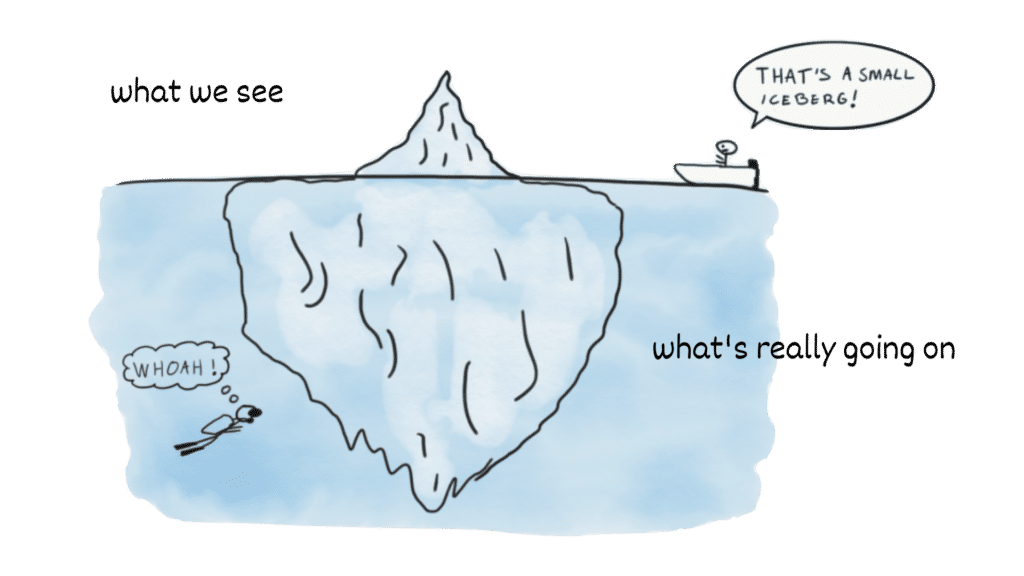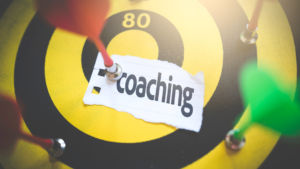What is Ontology?
Ontology is the study of how we are being.
Not just what we do, but who we are when we do it.
In coaching or leadership training, it helps us explore things like:
- How do I see the world?
- How do I relate to others?
- What stories am I telling myself?
- How do my emotions and body shape my responses?
Instead of just teaching skills, ontology helps people understand their deeper patterns—their mindset, emotions, and presence.

Why We Use Ontology
It gets to the root : Instead of just fixing behaviour, ontology explores why that behaviour exists.
For example, someone avoids giving feedback—not because they don’t know how, but maybe because they fear conflict or don’t feel confident.
It grows self-awareness : People become more aware of their beliefs, feelings, and body language and how these affect their choices.
It brings lasting change : When people change how they see things, they naturally change how they act. The shift sticks.
It connects the whole person : Ontology looks at three things together:
– Language (how you speak and think)
– Emotions (how you feel and respond) and
– Body (how you hold yourself and move)
What You See vs. What’s Really There
This image of the iceberg says it all.
Most of what shapes a person – their beliefs, emotions, mindset, and patterns – lies below the surface. What we usually see in learning programs or workplace behaviour is just the tip.
Ontology helps us dive deeper, like the swimmer in the image, to uncover what’s really going on underneath. That’s where real transformation begins. Without this deeper view, we risk making surface-level judgments—just like the boat calling it a “small iceberg.”

Expected Outcomes
- People become more confident and clear
- Leaders become more authentic
- Teams communicate better
- Emotions are managed more wisely
- Growth is real—not just surface-level
Just a heads up – Ontology isn’t magic. It needs time and practice to achieve these outcomes
- Most people see small shifts in 2–3 sessions
- Bigger changes show up in 2–3 months
- Deeper transformation happens over 6–12 months
It depends on how ready the person is, how often they reflect, and the support they get.
Without Ontology …
- People learn skills, but go back to old habits under pressure
- All learning and development effort feels like a checklist, not real change
- Emotions and beliefs stay hidden
- Growth slows down
In short, without understanding how people are being, even the best learning efforts lose impact.
Final Thought
Ontology reminds us that people aren’t machines to fix.
If we want deeper sustainable change – in leaders, teams, or ourselves, we must use the science of ontology, to help us shift from doing more to being better.
It’s a small change in approach, but it makes a world of difference.
Being. That’s where real learning begins.
If you’re curious about how ontology can deepen your learning and development efforts; whether through leadership programs, coaching, or team interventions, reach out!



